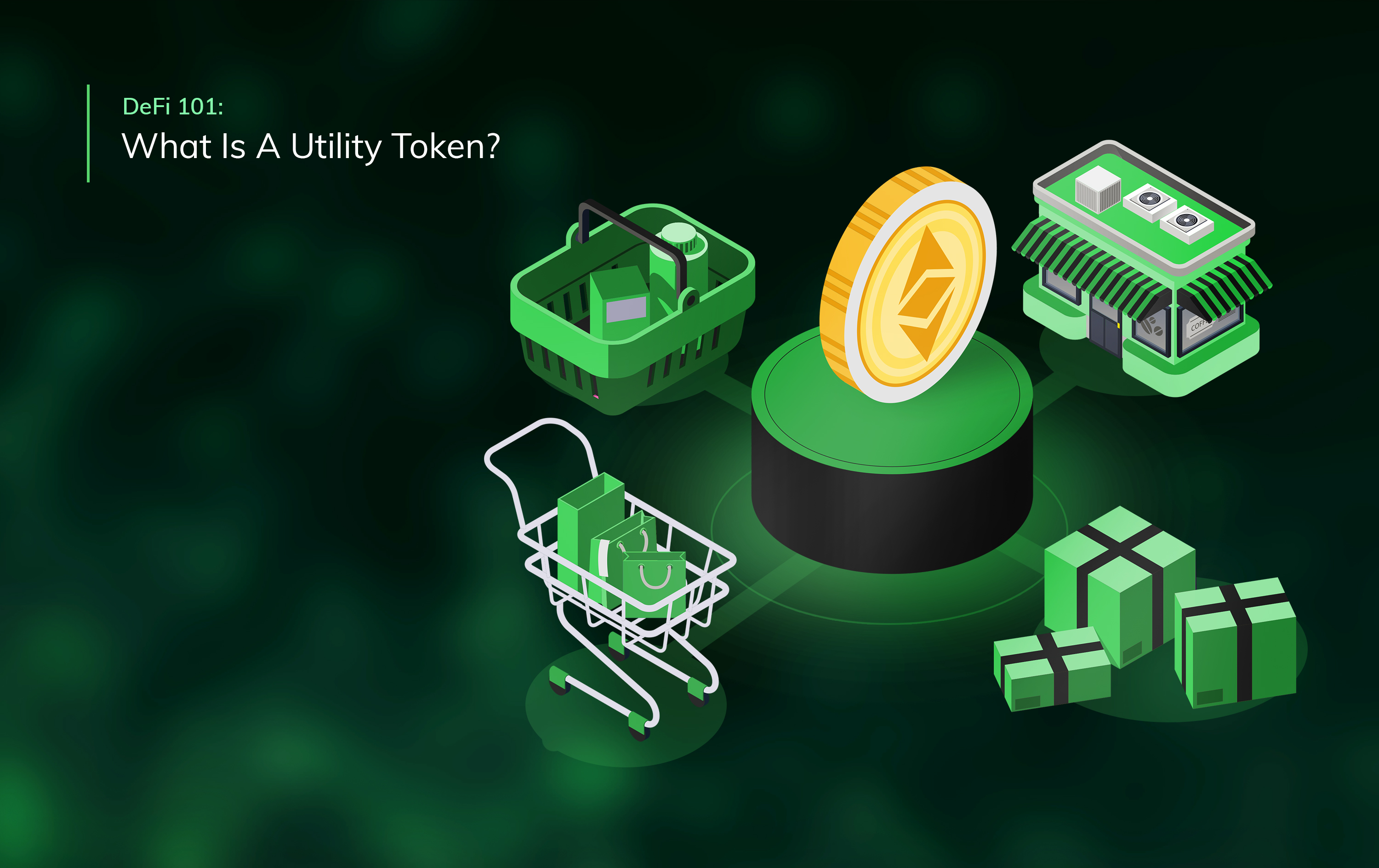4 Crypto Scams That Fooled Thousands (And How Not To Fall Victim Yourself)
Cryptocurrencies have long relied on ICOs to kickstart a project.
Little surprise, given that all they require is a white paper, a website, and a list of pie-in-the-sky features. The low entry barriers helped ICOs raise nearly $13 billion between January 2016 and August 2019.
But the easy money came at a high cost. According to one research report, more than 55% of ICOs could be scams, leaving investors defrauded of some $10 billion in cumulative losses.
Why do people keep falling for the ruse? Well, the scammers are smart. They know several tactics, including these four effective techniques:
- Exit Scam: when developers and promoters collect funds for a project, then disappear without a trace, it’s known as an exit scam (as made famous by OneCoin).
- URL Scam: when scammers launch websites with a similar name and design to an authentic project, then lure naive investors to their dummy page, it’s a classic URL scam. Subtly misspelled URLs typically arrive via email and trick you to click a link.
- Ponzi Schemes: the Ponzi Scheme is as famous in the wider world as in crypto, with fraudsters using them to raise investment by falsely promising outsized returns.
- Pump-And-Dump: famed in crypto circles is a strategy whereby scammers promote a coin to create FOMO, pump the price high, then all sell at once, causing the price to drop and late-stage investors to lose everything.
ICOs like to promise instant wealth. But they’re more likely to result in financial ruin. And in a nascent industry where scams are rife, consumers need to be ultra-alert.
Thankfully, there are steps you can take to stay safe. First up, if you suspect a scam, head to www.scam-alert.io to verify a wallet address — and before you ever invest in an ICO, be sure to take heed of these four tips.
4 Tips To Avoid A Crypto Scam
-
- Look for signs of life: Is the website live? Are social media channels up-to-date? Can you contact support? If yes, it’s onto step two.
- Exercise caution: Double-check the URL and triple-check every detail. If anything raises suspicions, run.
- Follow this rule of thumb: If everything sounds too good to be true, it probably is. Don’t be lured in by promises of quick returns; see them as a warning sign.
- Stay safe online: Always use a VPN to browse, with antivirus software scanning emails. It’s the only way to stop malware and suspect links.
While there’s no guaranteed way to avoid a scam, if you find a cryptocurrency that ignored an ICO altogether, that’s an excellent place to start — such businesses are more likely to be focused on product over quick returns, which is in your best interests.
And that’s precisely how we operate at Elitium.
Invest in a cryptocurrency that said no to an ICO: buy EUM today.




